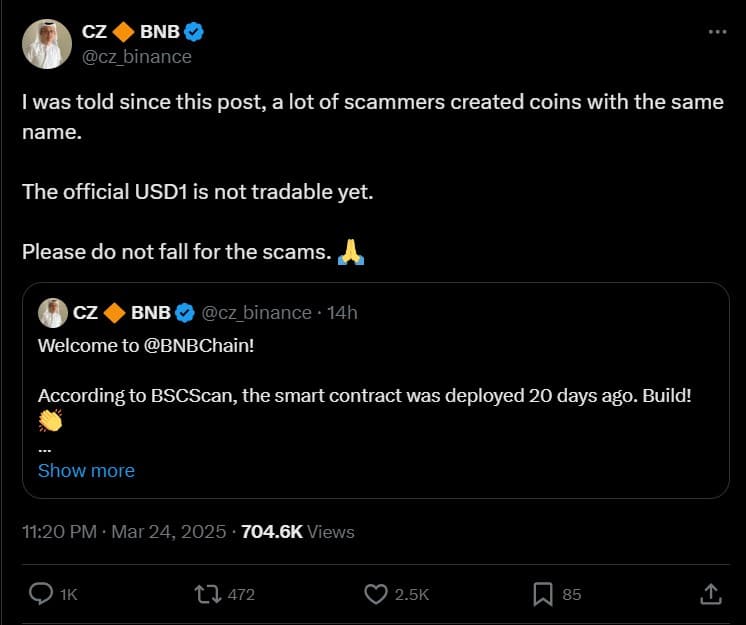China intends to build a facility in Cuba that has raised concerns among U.S. officials that it could be used to spy on the United States by intercepting electronic signals from nearby American military and commercial facilities. According to three U.S. officials familiar with the agreement, China has already constructed listening outposts elsewhere and has a military presence in Cuba. However, an eavesdropping station on this Cuban island could give China a foothold just 100 miles from the Florida coastline, from which it could potentially carry out electronic surveillance operations against the United States.
Officials are particularly concerned about the proximity of the planned facility to the United States as it may amplify Beijing’s technological capacity to monitor sensitive operations across the Southeastern states, including several military bases.
In a joint statement, Senators Mark Warner, Democrat of Virginia, and Marco Rubio, Republican of Florida, who lead the Senate’s Intelligence Committee, expressed their concern about Havana and Beijing working together to target the United States and its people. They stated that “the United States must respond to China’s ongoing and brazen attacks on our nation’s security.”
China and Cuba are negotiating over the details to construct this facility. The Wall Street Journal originally shared the plans to build the facility in Cuba. As the Biden administration has tried to stabilize its relations with Beijing, its main strategic rival, after a period of rising tensions, President Biden’s National Security Council has denied reports of the planned facility. John Kirby, the council spokesman, stated that “We have had real concerns about China’s relationship with Cuba, and we have been concerned since Day 1 of the administration about China’s activities in our hemisphere and around the world.”
Several diplomatic, military, and climate engagements between the two nations were frozen last year after former Speaker Nancy Pelosi’s visit to Taiwan. Relations between the two countries had a further setback earlier this year when a Chinese spy balloon was caught hovering near sensitive military sites in the United States. The incident prompted Antony J. Blinken, the Secretary of State, to cancel a scheduled trip to Beijing in February, but a visit may be rescheduled in the future, according to U.S. officials. The effect of the latest revelations about the eavesdropping facility in Cuba on the visit is unclear.
Representatives for the Central Intelligence Agency and the Office of the Director of National Intelligence declined to comment. Carlos Fernández de Cossio, a foreign ministry official in Cuba, called reports of the plans to build a Chinese spy base in the country “totally false and unfounded.” A representative for the Chinese embassy stated that Beijing had no knowledge of the case.
China and the United States frequently conduct surveillance operations on one another. The United States sends surveillance flights over the South China Sea, establishes military assets in allied host nations around the Pacific, and supplies arms to Taiwan, a democratic island that the Chinese government regards as its territory.
In recent years, U.S. officials accused China of ambitious hacking attacks against the U.S. government and corporations, trying to recruit agents and assets inside and outside the United States, and monitoring and threatening Chinese dissidents overseas.
The idea that China is seeking a closer alliance with Cuba is not surprising, according to analysts. Since the end of the Cold War, the two nations have forged increasingly closer ties. Cuba’s largest trading partner is China, and Beijing plays a significant role in the island’s agricultural, pharmaceutical, telecommunications, and infrastructural industries. Beijing also owns a considerable portion of Havana’s foreign debt.
Cuba’s proximity to the United States has long made it a desirable strategic foothold for U.S. adversaries, perhaps most famously during the Cuban Missile Crisis, when the Soviet Union made and withdrew plans to place nuclear missiles on the island. Today, the United States has a mostly inimical relationship with Cuba, which, like China, is controlled by a Communist government.
Diplomatic relations between the United States and Cuba were put on ice soon after Fidel Castro’s Communist regime came to power in 1959, and they were only restored fully during President Barack Obama’s tenure. President Donald J. Trump reversed part of that move by reinstating specific travel bans and re-designating Cuba as a state supporter of terrorism. Cuban officials have called on the Biden administration to lift this designation, but it remains in place. However, Mr. Biden has eased some of Mr. Trump’s other restrictions. Cuba still considers the U.S. base at Guantánamo Bay, established in the early 20th century, an illegal occupation.













